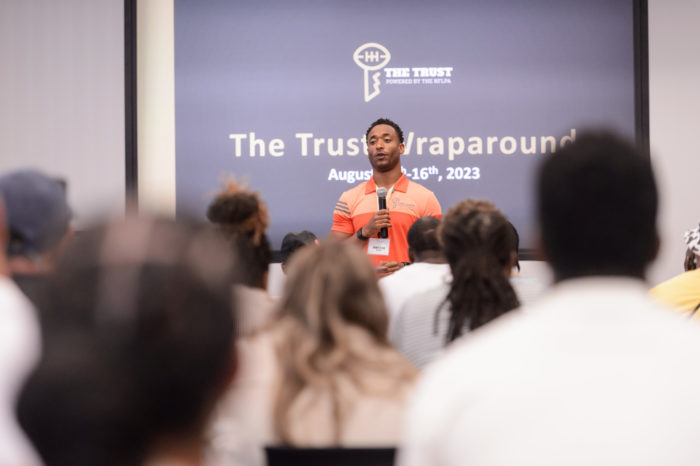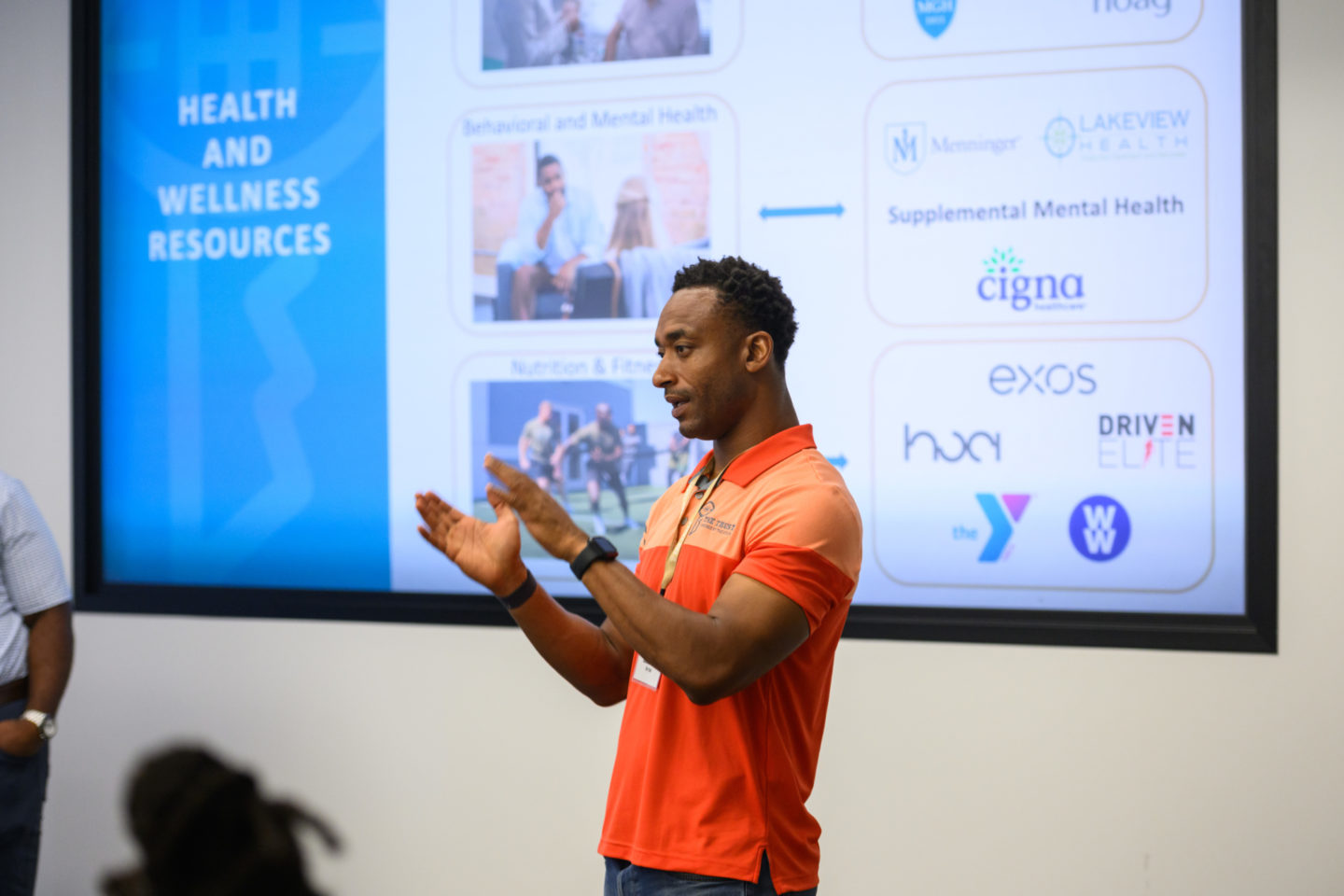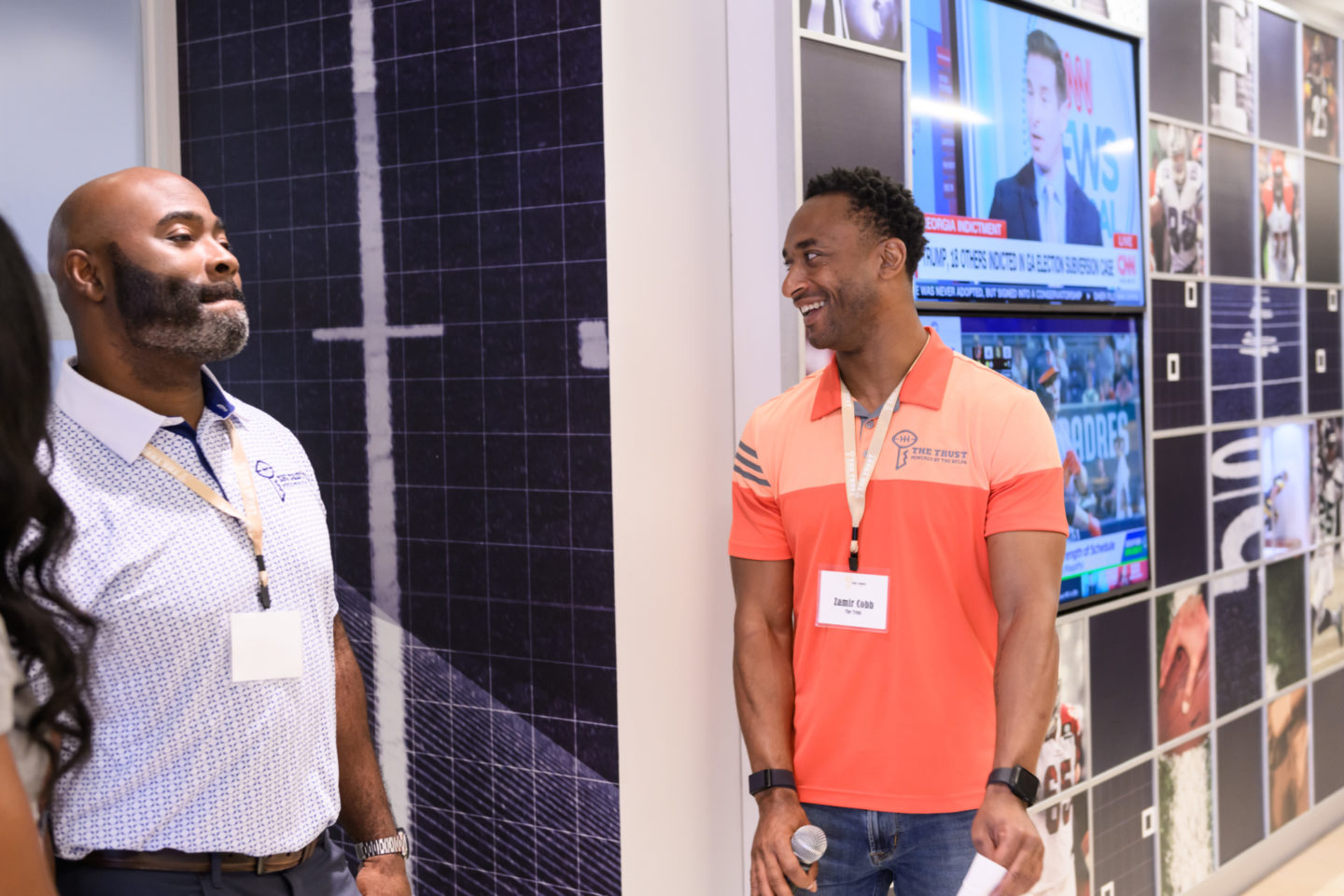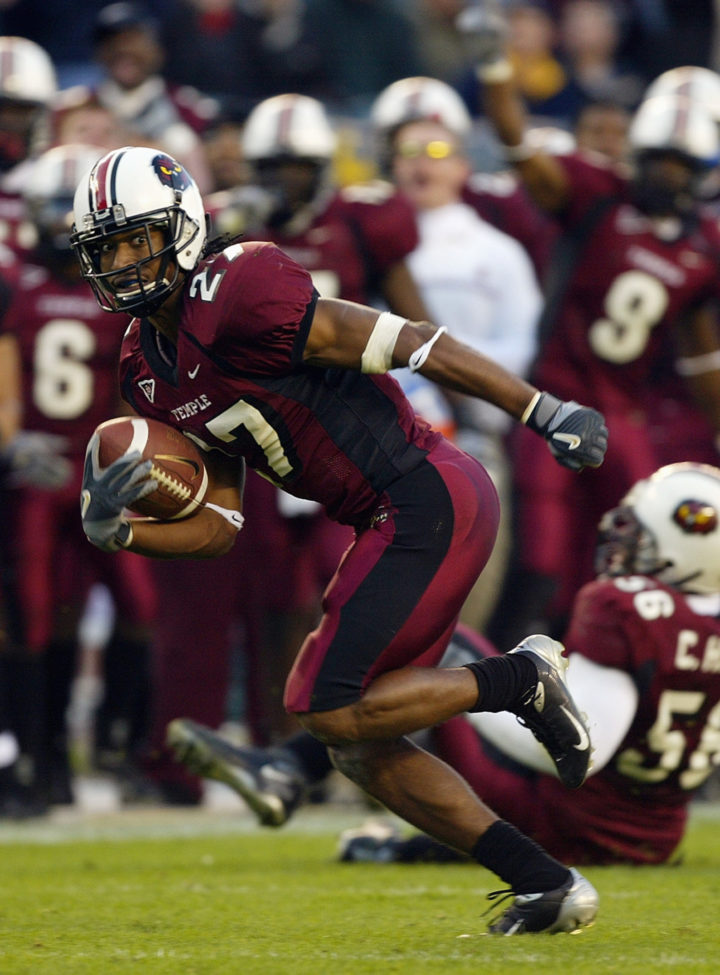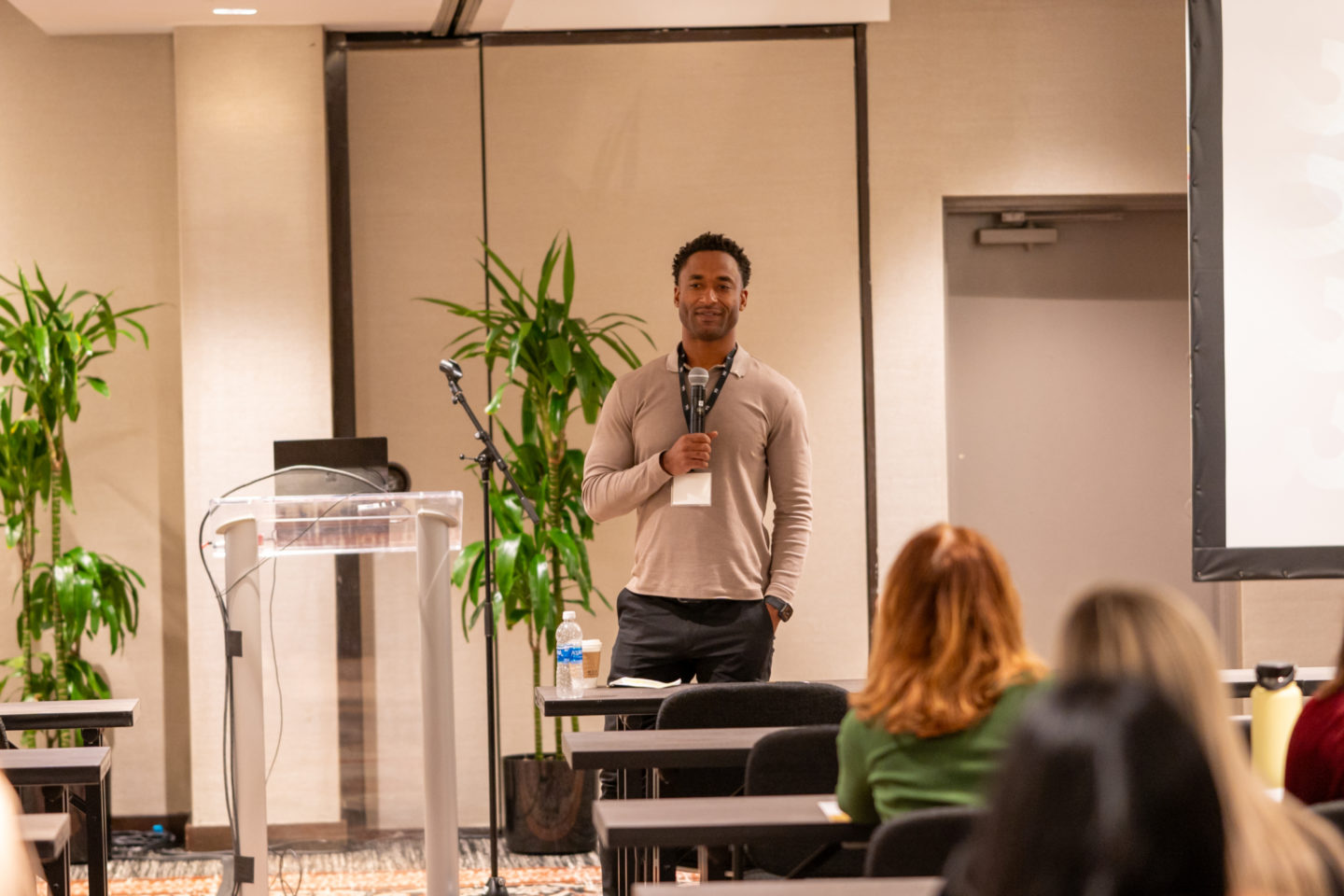Cobb’s passion for football sparked at an early age. He was the younger sibling who wanted to do whatever his older brother did. Cobb’s brother, who is two years older than him, played football, so Cobb followed his path. It was finally at the age of eight that Cobb was good enough to play alongside his 10-year-old brother, and it was at his first scrimmage game that Cobb earned the wideout position. “Starting wideout, youngest kid on the team, never threw me the ball though,” Cobb laughed. “It was literally just a position.”
A former wide receiver for the Pittsburgh Steelers and Arizona Cardinals, Cobb’s career lasted three years in the NFL after sustaining a leg and knee injury in his first two seasons. “I quickly saw endless potential turn into ‘I’m not so sure’,” he said.
